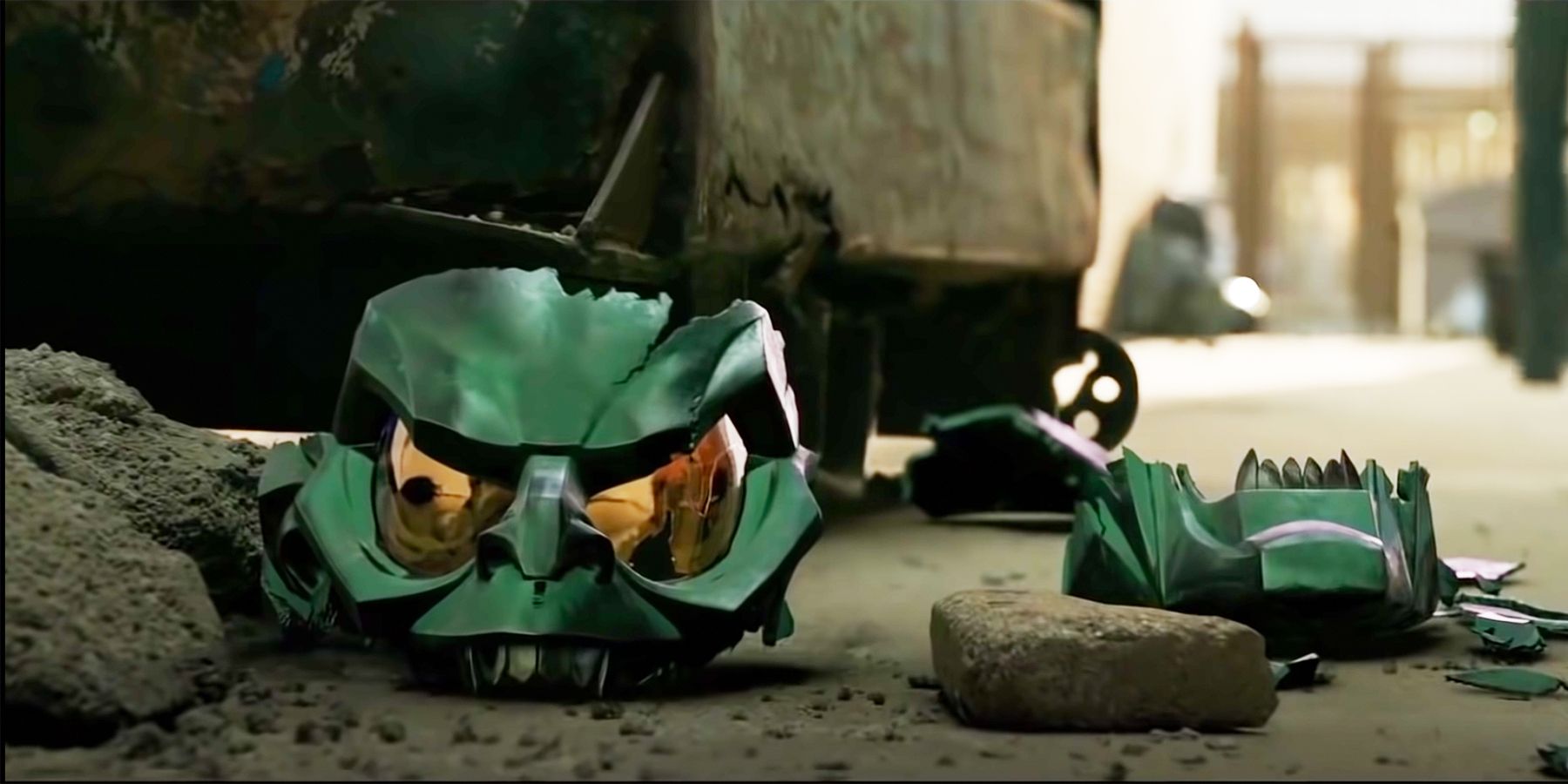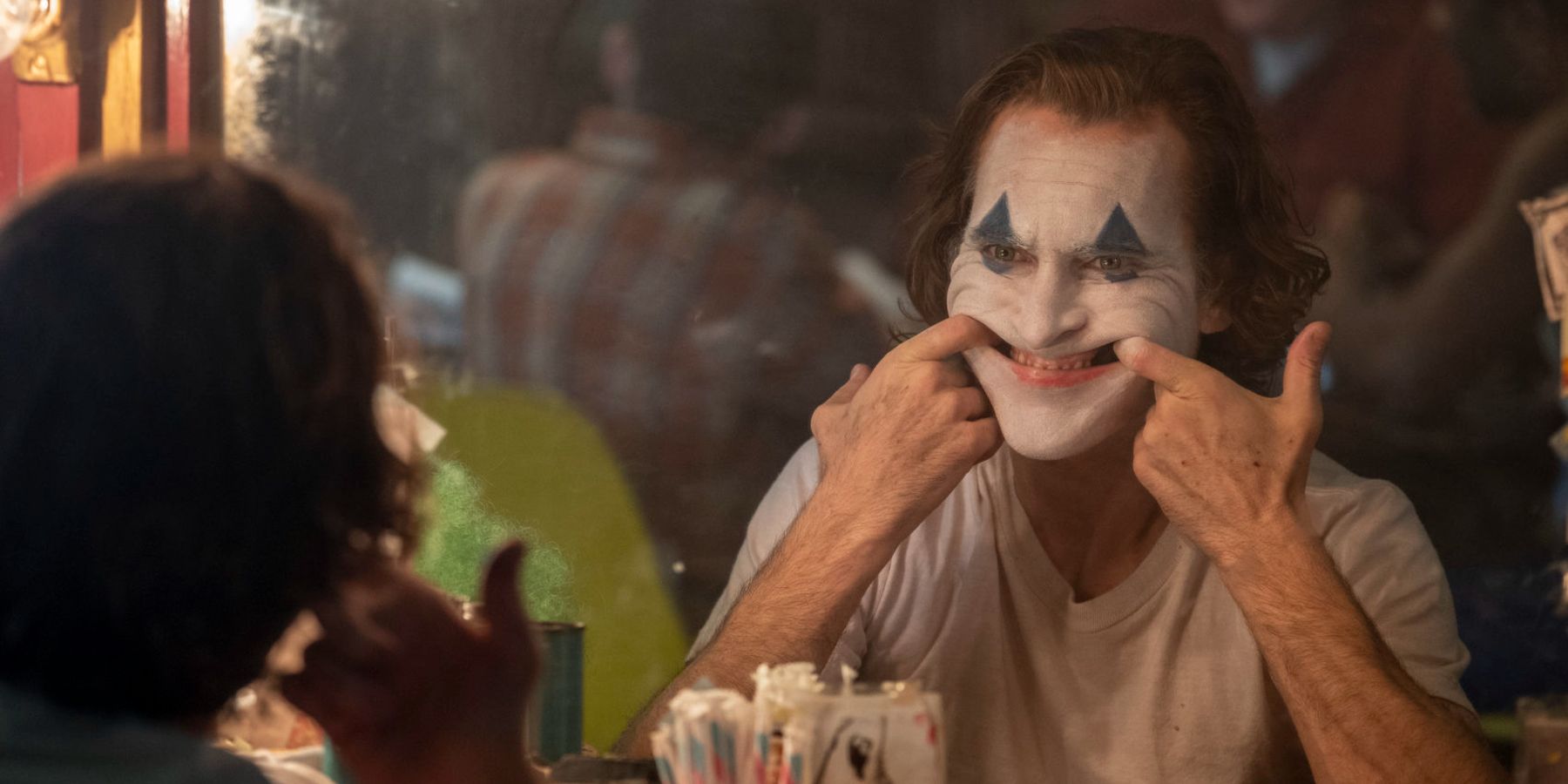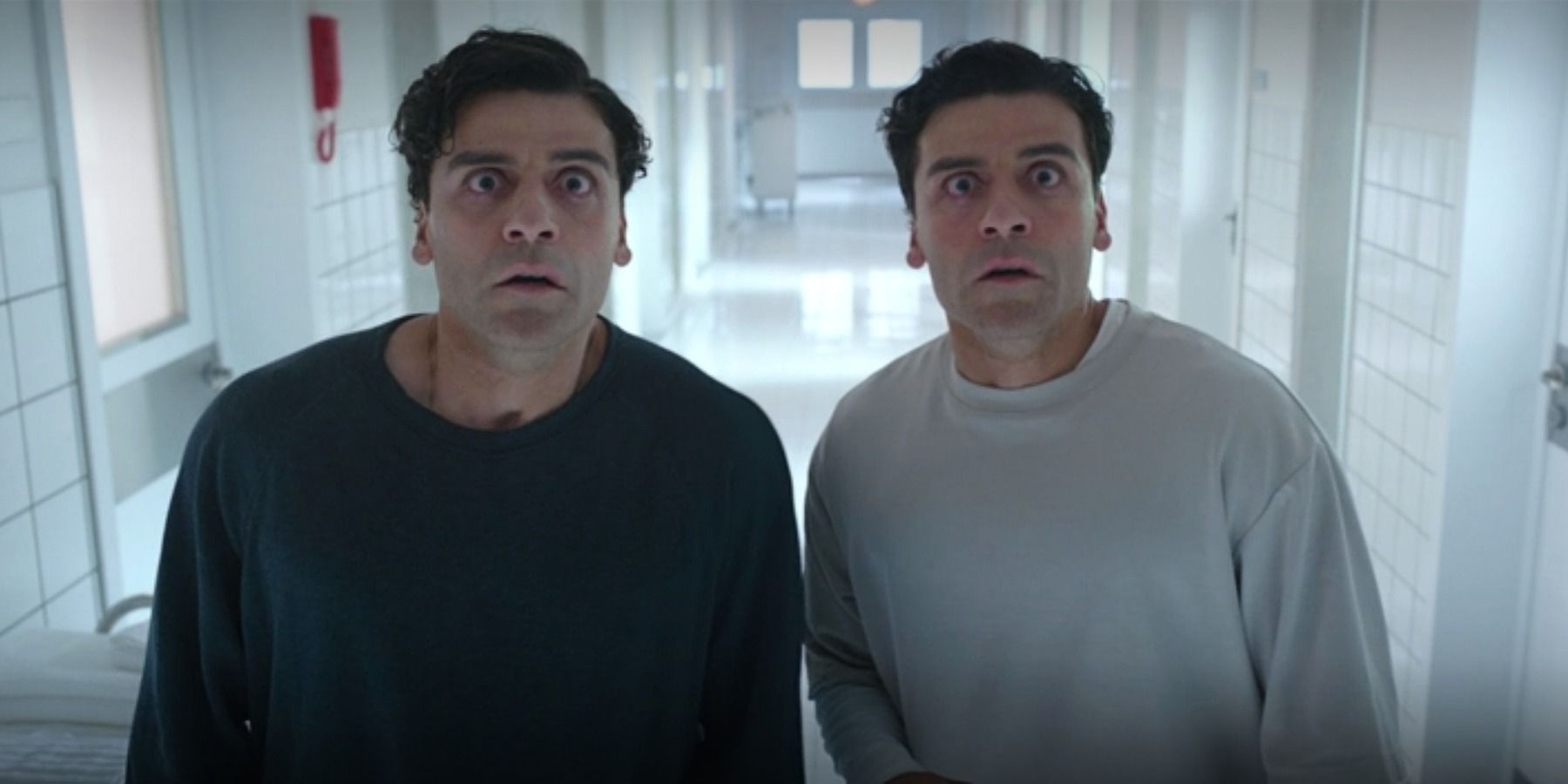How many supervillains on the comic book page or in their big-screen adaptations are motivated, explained, or empowered by "criminal insanity"? These characters, in one form or another, are a staple of comic books and the art they inspire, but almost every version of neurodivergence in the medium is full of holes.
Mental illness is always a difficult subject to discuss. Taking an inelegant approach to a very real concern is a common problem in genre fiction, but some issues are more commonly misused than others. Superhero movies rarely understand most of the big topics one might hear debated on the news, but their approach to mental health is almost deliberately ill-intentioned.
The belief that neurodivergent people are more capable of violence is extremely pervasive, leading to a chicken/egg argument. Villains whose motivation boils down to a Hollywood understanding of mental illness are common across most forms of media. Some even go so far as to depict neurodivergence as a superhuman capability, to be used for good or for ill. The primary difference between the "crazy" character of standard genre fiction and superhero fiction is tone. There are a lot of different ways superhero media handles their mentally ill character, but almost all of them lack full understanding and narrative weight.
There are a few different archetypes for the "crazy" characters of comic book media. Most of them tend to be villains. These villains are the least fleshed-out of the medium's portrayal of those dealing with mental health issues. The laziest versions of these stories need only point in their direction and expect the audience to understand them as evil. The term "psychopath" is a difficult and complex one, but most audiences accept it as a full villain motivation sight unseen.
Neurodivergent people are assumed violent in a variety of situations, despite the scientific fact that they are far more likely to be the victim of violence than the perpetrator. There is a massive infrastructural problem surrounding the treatment of neurodivergent people and the overwhelming likelihood that they'll be jailed for their different abilities. Superhero media simultaneously reinforces and is reinforced by this problem. It's a vicious circle. People think neurodivergent people are violent because that's what they see in media, so it becomes an easy shorthand for villainy.
Wanton villainy isn't the only standard presentation for the neurodivergent in superhero media. Sometimes the heroes are depicted as differently able. The go-to example for this concept is probably Deadpool, who is depicted as "insane" for comedic purposes. This comic relief type of crazy is fairly common and theoretically less harmful than the villainous variety. The mental state of characters like Moon Knight sometimes oscillates between a source of comedy and genuine pathos. The Disney+ iteration excised most of the jokes at the expense of Marc Spector's dissociative identity disorder, in favor of a gripping psychological narrative. The series' portrayal of trauma and recovery is moving, but it still treats DID like the Venom symbiote.
The biggest problem with the way superhero media handles neurodivergence is that it reinforces harmful stereotypes that have plagued human society for generations. The second-biggest problem is that it's very rarely interesting. Everyone has seen a ton of evil people motivated by some version of Hollywood-level mental illness. Everyone has seen a more hedonistic take on Bugs Bunny. Character motivations rarely work if they aren't operating from the shared reality of the audience and the other characters. The best heroes and villains have logically consistent motivations, and take somewhat understandable cause and effect into account. Irrational actions lack impact, and rational actions don't make sense coming out of the supposedly criminally insane character.
There are countless examples of neurodivergent characters in comic book media, and not all of them are terrible. Tons of characters are coded with elements of neurodivergence that are never outwardly stated. Sometimes an entire superhero's story is a metaphor for some form of different ability, just as others are metaphors for race or sexuality. These stories generally handle the idea substantially better than those that outwardly proclaim a character to be mentally ill. Giving a character some form of neurodivergence is a bold choice, but it's also one that is extremely easy to get wrong.
The worst takes on the best heroes and villains often boil down the character to a pointless stereotype of Hollywood mental illness. These iterations of the characters are narratively boring and socially unhelpful. Neurodivergent people aren't villains, nor do their unique circumstances grant them superpowers. Modern on-screen takes on these existing characters would do well to drill down on the aspects that make them unique, rather than playing them off as "insane". Comic book adaptations have to move past this outdated trope and towards more nuanced portrayals of good and evil. Neurodivergence is a difficult and complicated topic, but with one genre so culturally dominant, superhero media will have to grow up.



